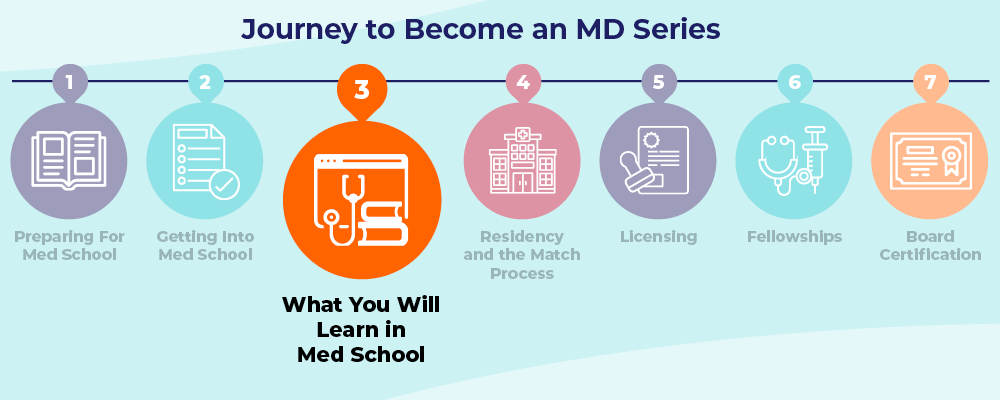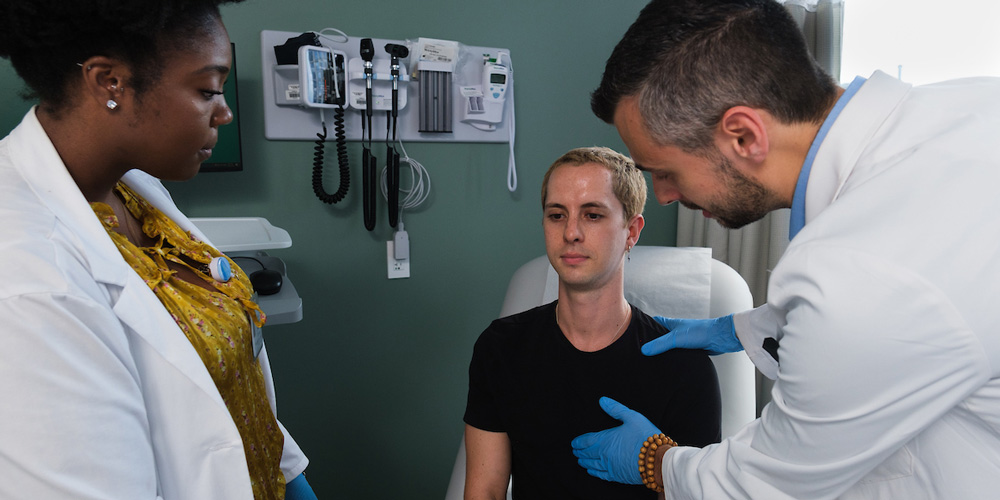
Clinical rotations provide the essential hands-on experience needed for a comprehensive medical education.
In addition, clinical rotations provide you with exposure to medical specialties, such as internal medicine, surgery, pediatrics, obstetrics and gynecology, psychiatry, and family medicine. During these rotations, you will apply your theoretical knowledge to real-world scenarios. This helps you develop diagnostic and treatment skills under the supervision of experienced physicians.
Moving from the classroom to a clinical setting also helps you:
- Learn to communicate effectively with patients and healthcare teams,
- Hone your clinical reasoning skills, and
- Cultivate professionalism and empathy.
Clinical rotations also offer exposure to different healthcare settings, from hospitals to outpatient clinics. These experiences may help you identify areas of interest and guide your future medical career path.
We have put together some insights about clinical rotations and the importance of this part of your training.
- What are clinical rotations in medical school?
- Answering 8 common questions about SGU clinical rotations
- Doctors share 7 insider secrets to thriving during clinical rotations
- SGU School of Medicine: Affiliated sites for clinical rotations
- Clinical Dean’s advice: “Be available, be affable, and be interested”
- Prioritizing student support during clinical rotation
- The importance of clinical skills training
- The ultimate list of medical specialties
Do you have questions about your medical school application?
SGU looks for passionate pre-med students who have demonstrated their dedication to pursuing the medical field—both in their academic performance and their catalog of relevant experiences. To help you get a clearer idea of what the School of Medicine is seeking from its MD applicants, consider the answers to these five frequently asked questions pre-med students pose about SGU medical school requirements.

